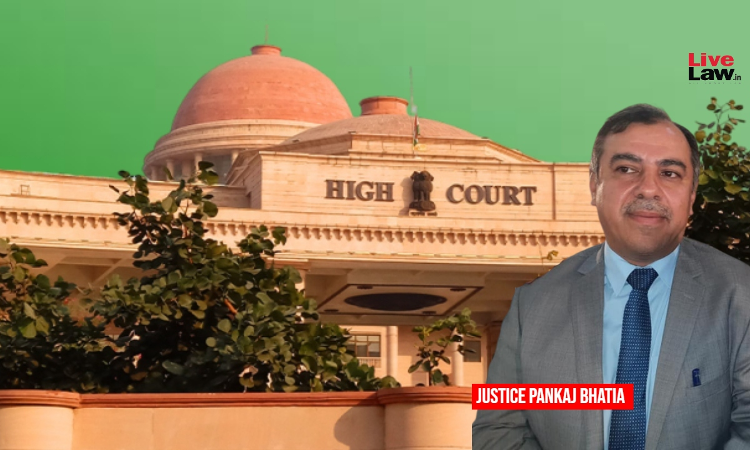Private Property Not Transferred To Company By Owner Cannot Be Auctioned In Recovery Proceedings: Allahabad High Court
Upasna Agrawal
28 Feb 2025 4:20 PM IST

Next Story
28 Feb 2025 4:20 PM IST
The Allahabad High Court has recently held that when there is no transfer of property between a private individual and his company, the property cannot be considered a property of the company for the purpose of recovering debts. Further, the Court held that merely because the property finds mention in the balance sheet will not make it a company property in absence of a sale deed.“There...
